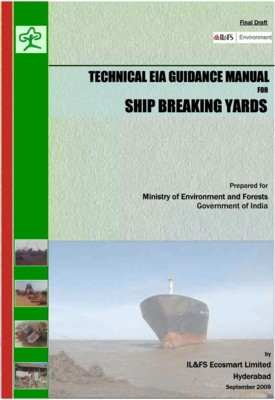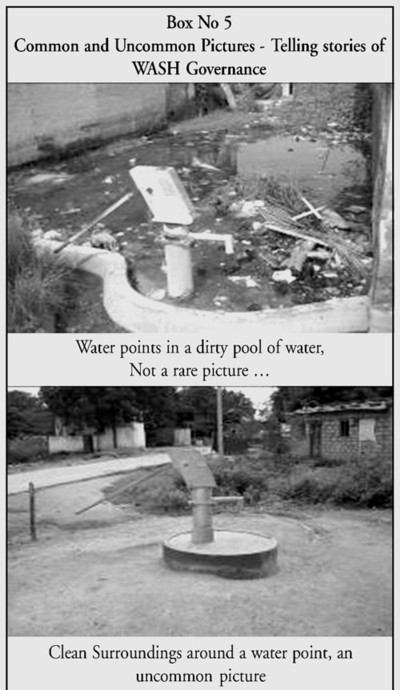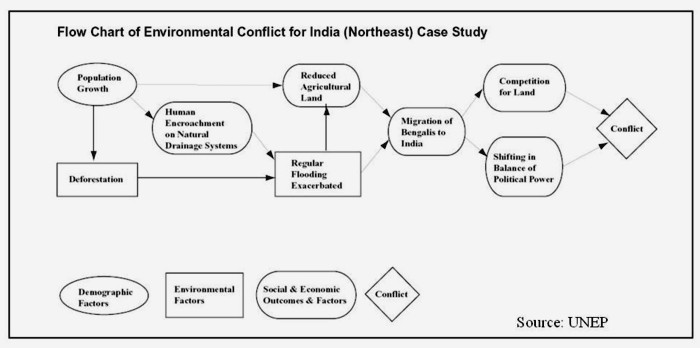/topics/government-programmes
Government Programmes
Trends in private sector participation in the Indian water sector: A critical review - A Water and Sanitation Programme publication
Posted on 23 Feb, 2012 05:54 PMThe study also analyses the direction in which the sector is heading with respect to private sector participation. Since most PPPs are at early stages of operation, this study focuses only on learnings from PPP design and transaction. This study does not seek to assess the operating or financial performance of PPPs.
"In search of old ideas" - A discussion of the draft national water policy 2012, by Jayanta Bandopadhyay in The Telegraph
Posted on 22 Feb, 2012 05:05 PMAuthor: Jayanta Bandopadhyay
Article and image courtesy: The Telegraph
New water policy more contentious; least helpful in tackling existing issues
Posted on 22 Feb, 2012 12:34 PMAuthor : Dr. Arvind Kumar
Rural water access: Governance and contestation in a semi-arid watershed in Udaipur, Rajasthan: A paper in EPW
Posted on 21 Feb, 2012 05:19 PMStudy area
This study is carried out in micro-watershed No.19, which comprises six villages in Jhadol tehsil of Udaipur district in Rajasthan. A minor irrigation project completed in 1980 serves these six villages
Rainfall, storage levels in reservoir and groundwater use
Towards greener development: EIA sector specific manuals brought out by the Ministry of Environment and Forests
Posted on 19 Feb, 2012 07:20 PMThese manuals are aimed at expert appraisal committees, and hope to improve the quality of appraisal of projects. These will also provide a template for use by organisations and consultants developing the EIA reports.
Understanding governance in WASH sector in Andhra Pradesh - A study by WASSAN
Posted on 18 Feb, 2012 03:38 PMProblems in the water, sanitation and hygiene (WASH) sector have their roots in socio-political issues rather than in technology. This paper presents the report of a survey in 107 villages in rural Andhra Pradesh to illustrate the influence of governance systems.

"Water management in Mumbai: Prospects and challenges" - Videos from a round table organised by Observer Research Foundation
Posted on 16 Feb, 2012 03:51 PMThese four films include details of speeches made by the Municipal Commissioner of Brihan Mumbai Municipal Corporation (BMC), Mr Swadhin Kshatriya, who delivered a valedictory speech and Mr Sandeep Acharya, senior journalist from Loksatta, who expressed his views on the water crisis in Mumbai, as a part of a round table organised by Observer Research Foundation (ORF), on "Water management in Mumbai: Prospects and challenges", on the 10th of January 2010.
Multi-stakeholder dialogue is messy, but necessary
Posted on 16 Feb, 2012 01:32 PMA workshop on ‘Understanding and resolving water conflicts in the North East India', was organized by Forum for Policy Dialogue on Water Conflicts in India (Forum), in collaboration with Aaranyak (Guwahati), Centre for the Environment, IIT (Guwahati), Arghyam (Bangalore), SaciWATERs-CapNet Network (SCaN) and Cap-Net to discuss emerging issues related to water conflicts and their resolution in the region. This workshop was held in Guwahati on January 23-26, 2012. It aimed at presenting concepts and theory related water conflicts as well as issues especially relevant to the North East Region.

Marine fisheries in India - Issues, opportunities and transition for sustainable development - A World Bank working paper
Posted on 14 Feb, 2012 10:03 AMThis working paper by the World Bank presents the findings of a study that was conducted as a collaborative initiative by the World Bank and the Department of Animal Husbandry, Dairyin
Governing the urban poor - Riverfront development, slum resettlement and the politics of inclusion in Ahmedabad - A paper published in EPW
Posted on 08 Feb, 2012 11:58 AMSabarmati Riverfront Development (SRD) project, an urban mega-project in Ahmedabad has been proclaimed as a case based on “flexible governing” of the residents of the riverfront informal settlements.





